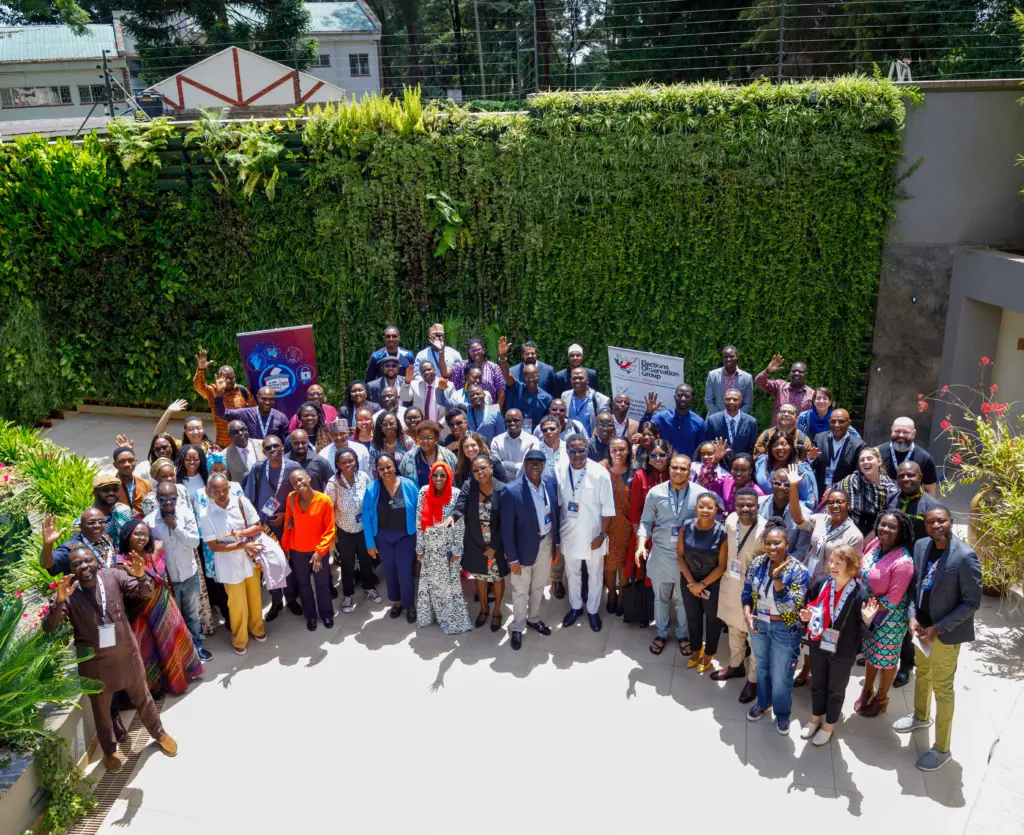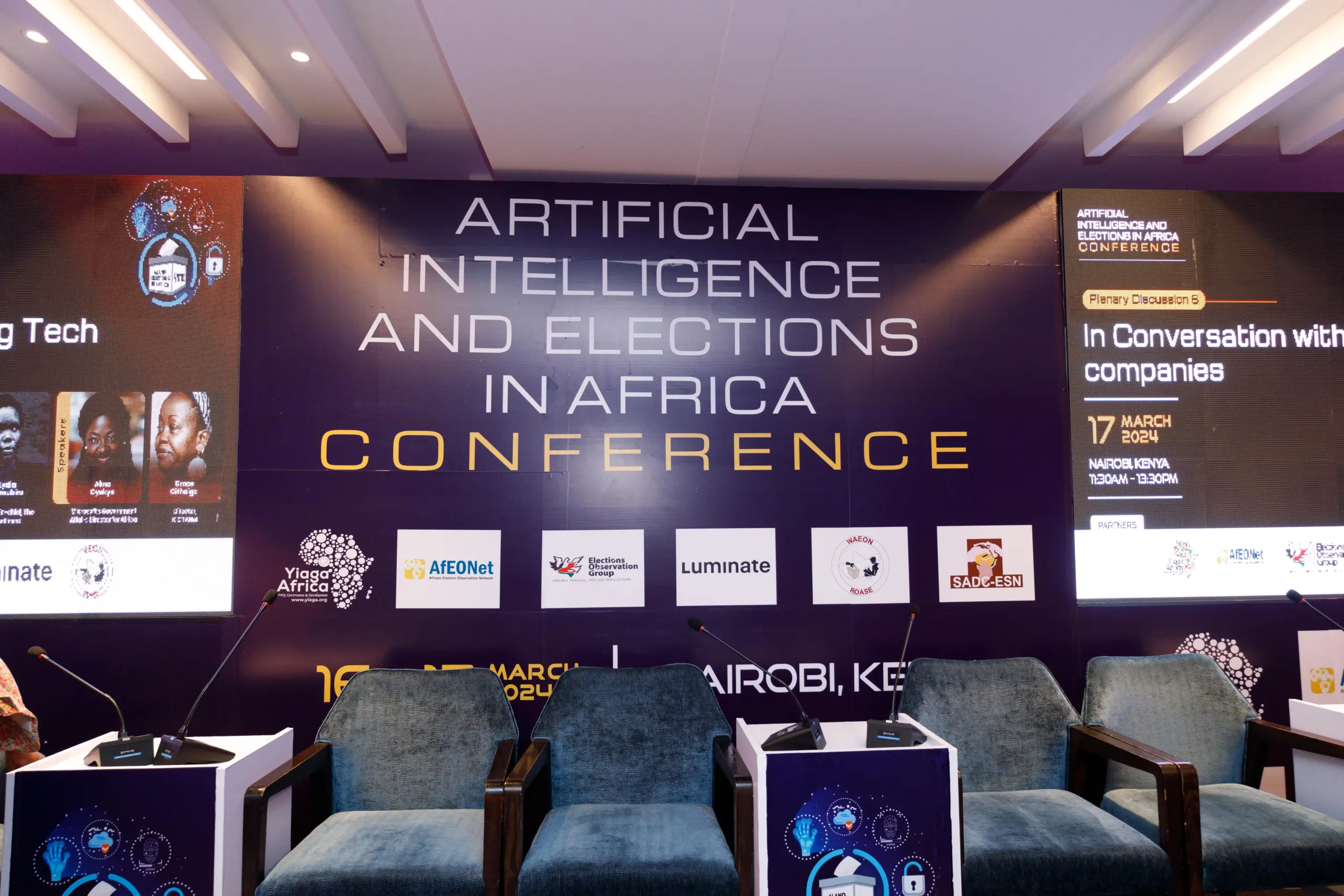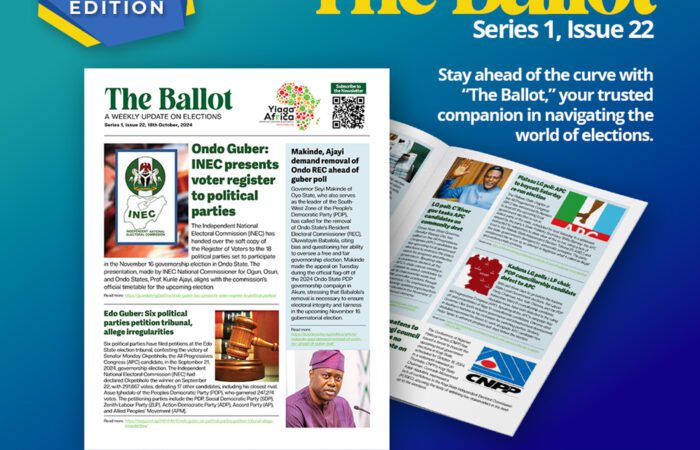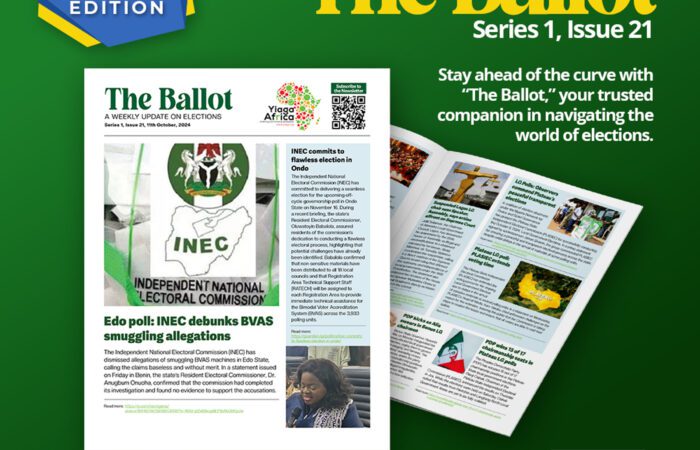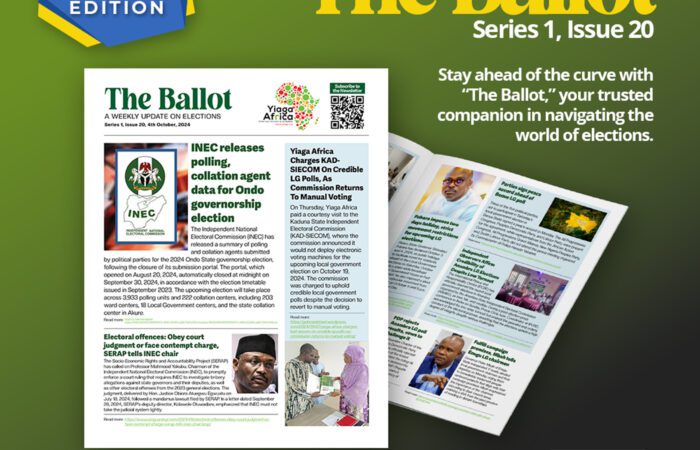The year 2024 is going to be the biggest election year in history with about 50 elections and half the world’s population in seven of the ten most populous countries going to the polls. Half of these elections will be taking place in Africa across presidential, parliamentary and sub-national elections, and they take place at the time that artificial intelligence(AI) has taken the centrestage in global conversations and how it can shape elections.
This is why Yiaga Africa with the support of the Luminate Group and in partnership with African Election Observers Network (AfEONet), the Elections Observation Group (ELOG), Electoral Support Network of Southern Africa (ESN-SA), and the West Africa Election Observers Network (WAEON) convened a conference to examine how AI can be deployed to improve electoral processes on the continent, increase participation, improve transparency and outcomes.
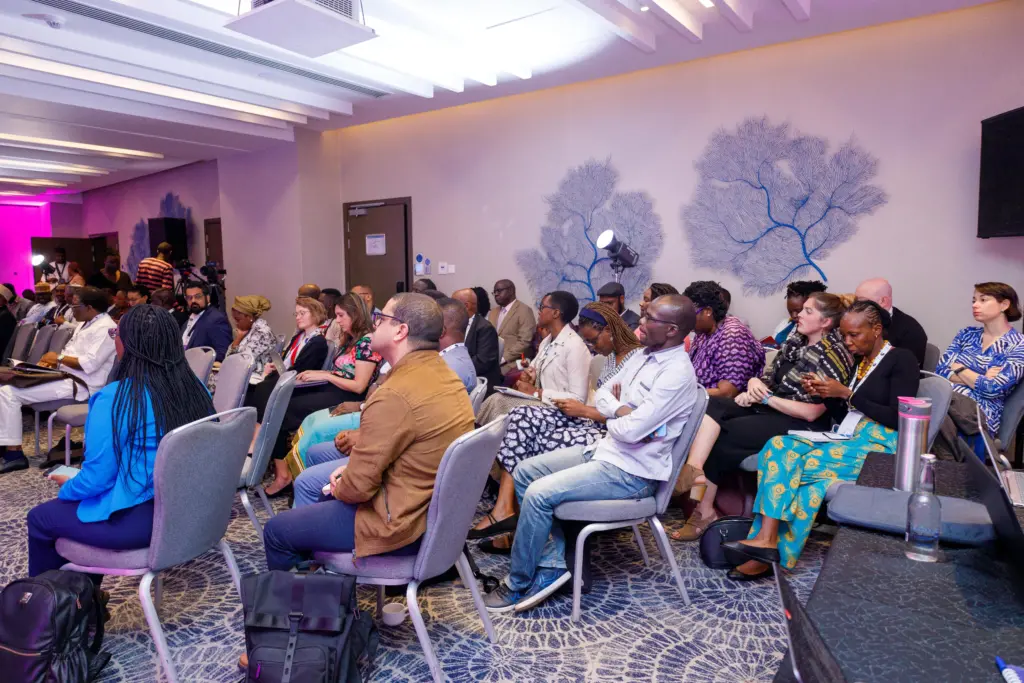
The AI and Elections in Africa Conference, which took place in Nairobi, Kenya, brought together election observation groups, civil society activists, election management bodies and tech policy experts to engage in robust conversation on the opportunities and challenges presented by adopting AI tools and processes in elections in Africa.
In his opening remarks, the Executive Director of Yiaga Africa, Samson Itodo, thanked the participants who made time out of their busy schedules to attend the conference.
“This shows the premium that all of you as election stakeholders have put on AI by recognizing that AI cannot be ignored in the important work we do because of its potential to improve elections,” he said.
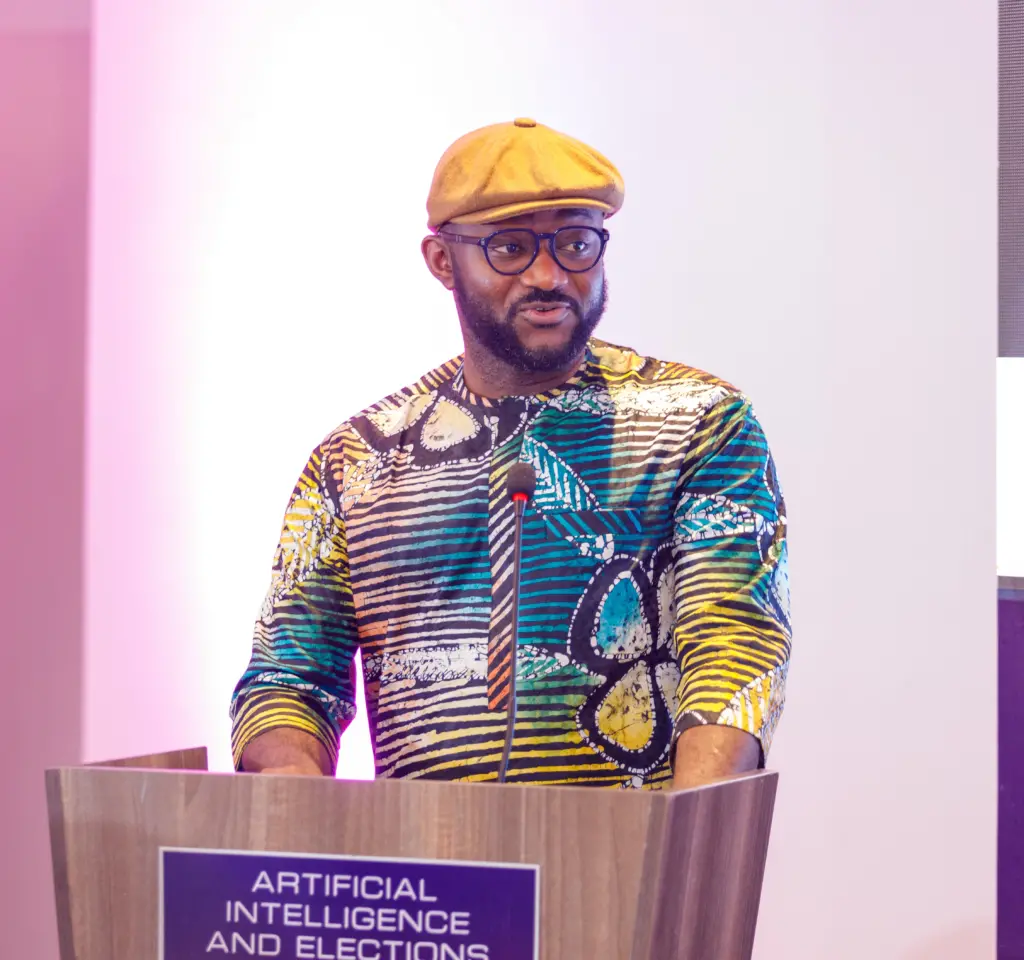

Toyin Akinniyi, Africa Vice President of the Luminate Group said their support for the conference is based on the belief that tech platforms have a role to play in elections in Africa, and AI can play a major role in shaping these elections.
“Technology and AI can cause harm, and can exacerbate existing challenges. We have seen how fake news and misinformation around elections can cause polarization. I am of the opinion that online & offline spaces that ensure participation need to be protected,” she said in her remarks.
“Our aim is to guarantee that technology supports rather than undermines democracy. It is imperative that our democratic systems yield improved results,” she concluded.
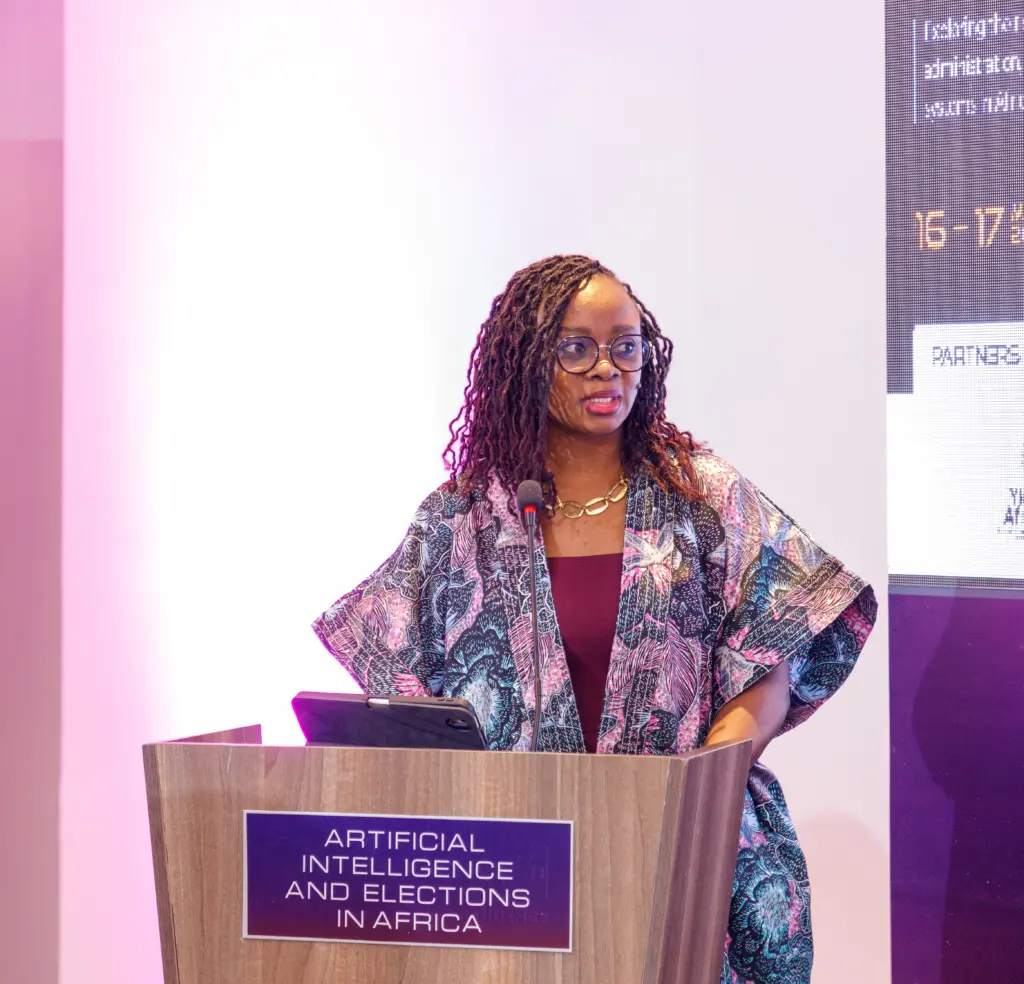

The two-day conference kicked off with a panel that looked at the trends in adoption of AI by election management bodies in Africa and around the world. It was an opportunity to present preliminary findings of a research by Yiaga Africa tracking the application of AI in African elections. The survey of 22 electoral commissions in Africa showed that only a small fraction of these commissions are adopting AI tools in their electoral processes for tasks such as voter register management, automated chatbots for voter engagement, voter authentication, and cyber threat detection with countries such as Nigeria, South Africa, Eswatini, Cameroon, and Madagascar in the lead.
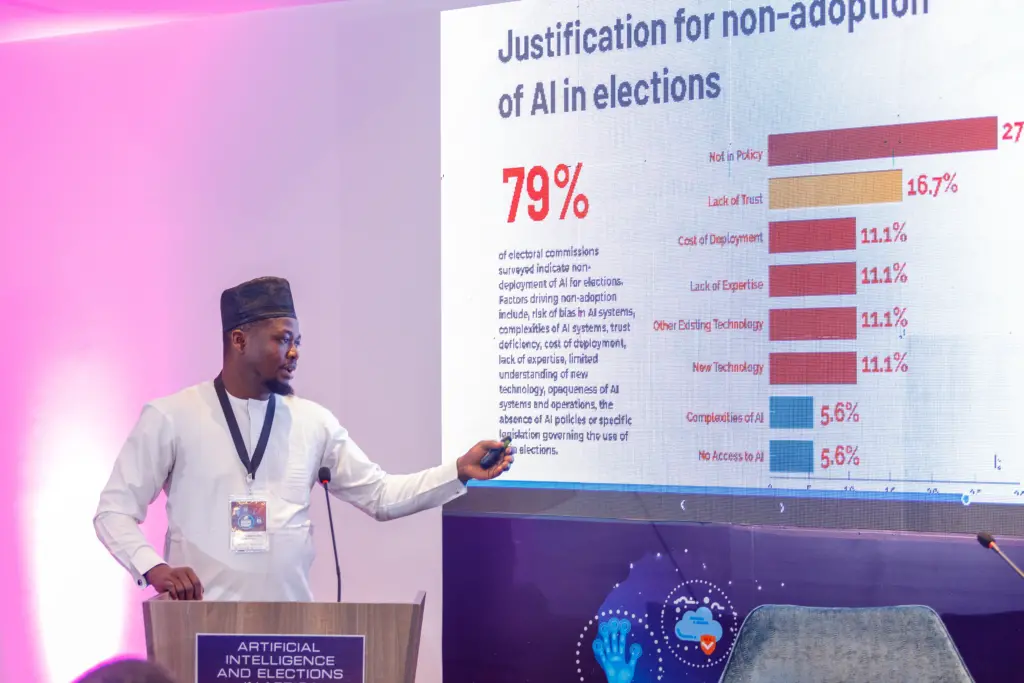

In a submission on this panel, Yiaga Africa’s Executive Director Samson Itodo advanced that citizens must continue to engage their electoral commissions on the adoption of technologies for election. He emphasized the importance of citizens asking essential questions to navigate the use of AI technology effectively and address the associated challenges.
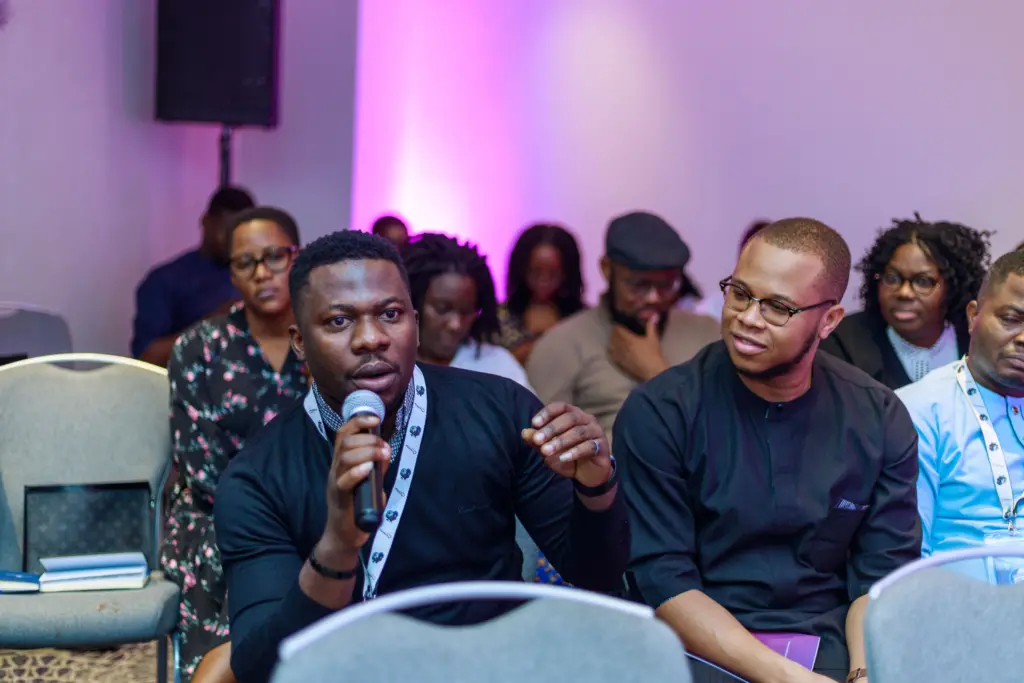

“Are the electoral commission conducting audits on the technologies they adopt? Are these audit processes open and transparent, allowing political parties, civil societies, and the media to be part of it?
“While technology is a powerful tool for protecting electoral integrity, it could be a tool for undermining this integrity. It is not perfect but to a large extent, can help curb some of the excesses. We have to believe in technology but do so cautiously” he concluded.
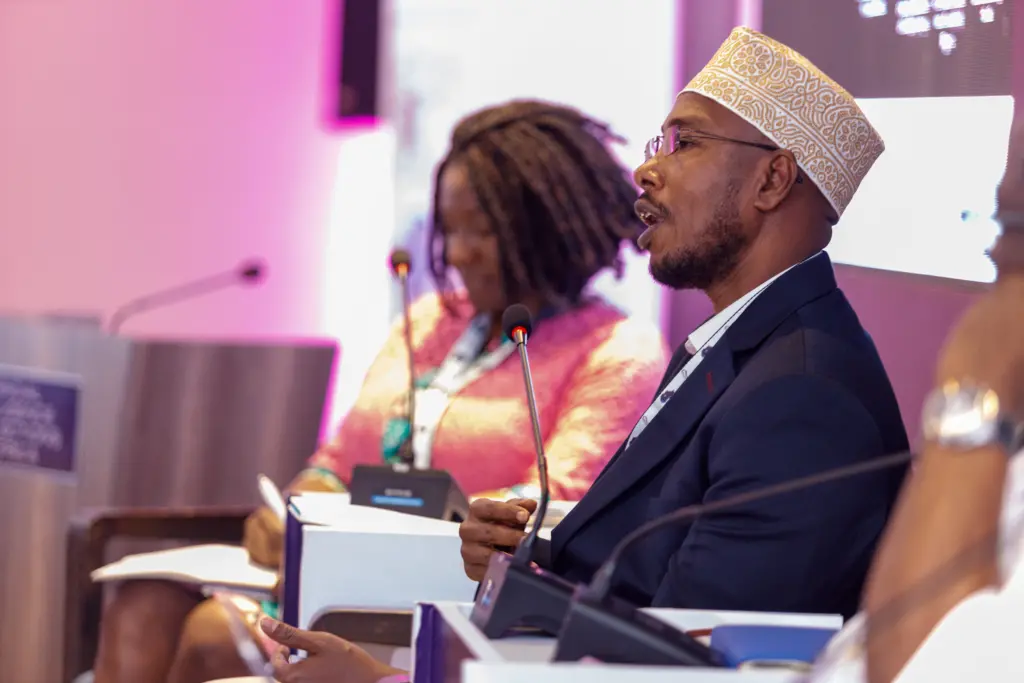

There were also panels on AI and its capacity to deepen electoral integrity in Africa, protecting voters rights and how it can be used in election observation.
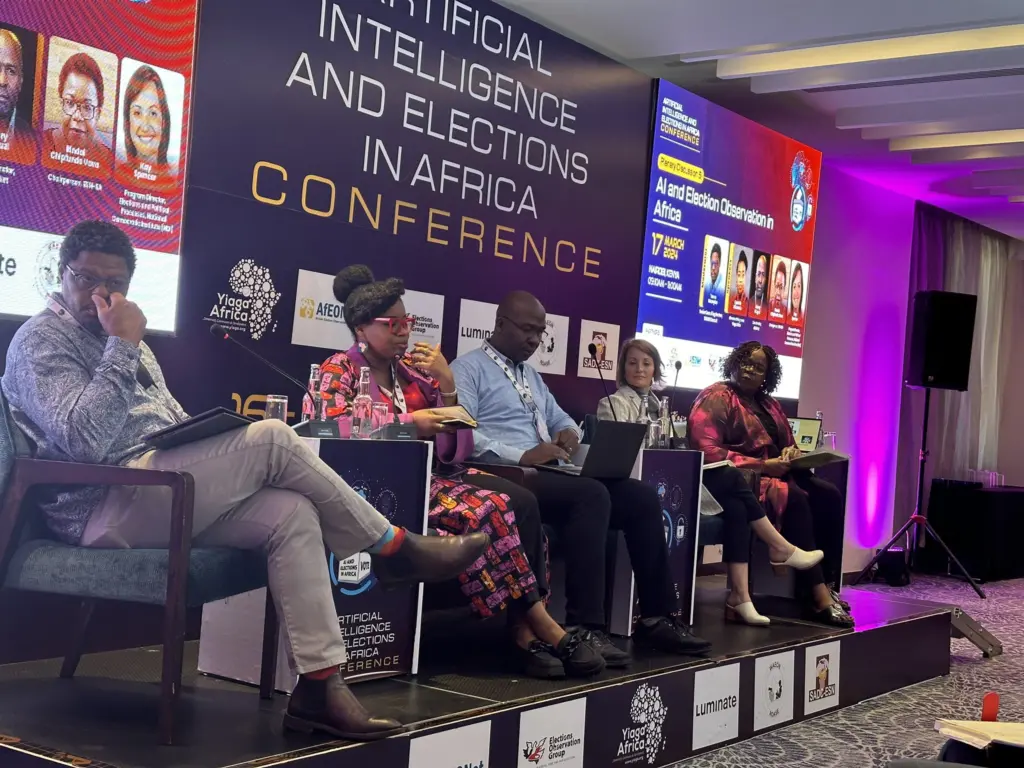

Another panel had representatives of big tech companies and tech policy experts engage on how to ensure equitable access to AI-powered election tools and information, especially in regions with limited internet connectivity or digital literacy.
Speaking on this panel, Grace Githaiga, Director of the Kenya ICT Action Network (KICTANet) advocated for more “sandboxes” – safe environments where stakeholders can pilot AI use cases, develop governance models, and refine regulatory policies – as invaluable tools for agile adoption of AI in elections.
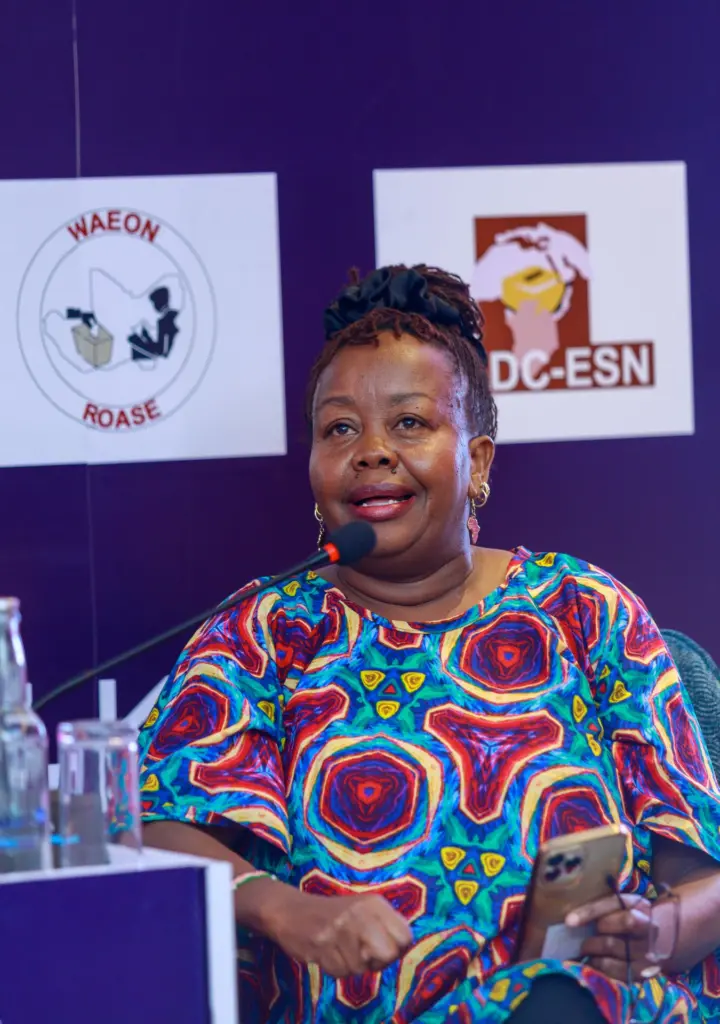

Addressing the knowledge gap of stakeholders on the usage of AI technology, participants raised the need for a multistakeholder approach to building capacity for various stakeholders, including Election Management Bodies (EMBs), citizen observer groups, media outlets, and regulatory agencies, in the AI and elections space.
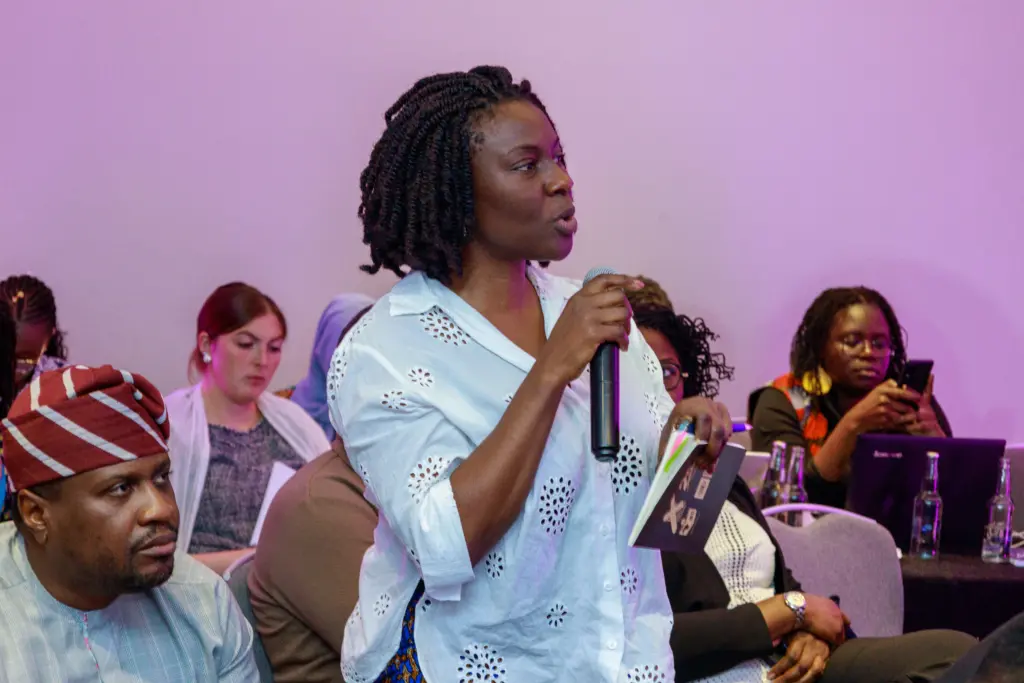

The last panel reflected on the future of AI in African elections, including the global framework for AI deployment. The speakers built scenarios for positive and negative AI uptake in the electoral process and its implications for electoral democracy, enabling the participants to visualise these scenarios and ideate on how to either actualise or prevent them.
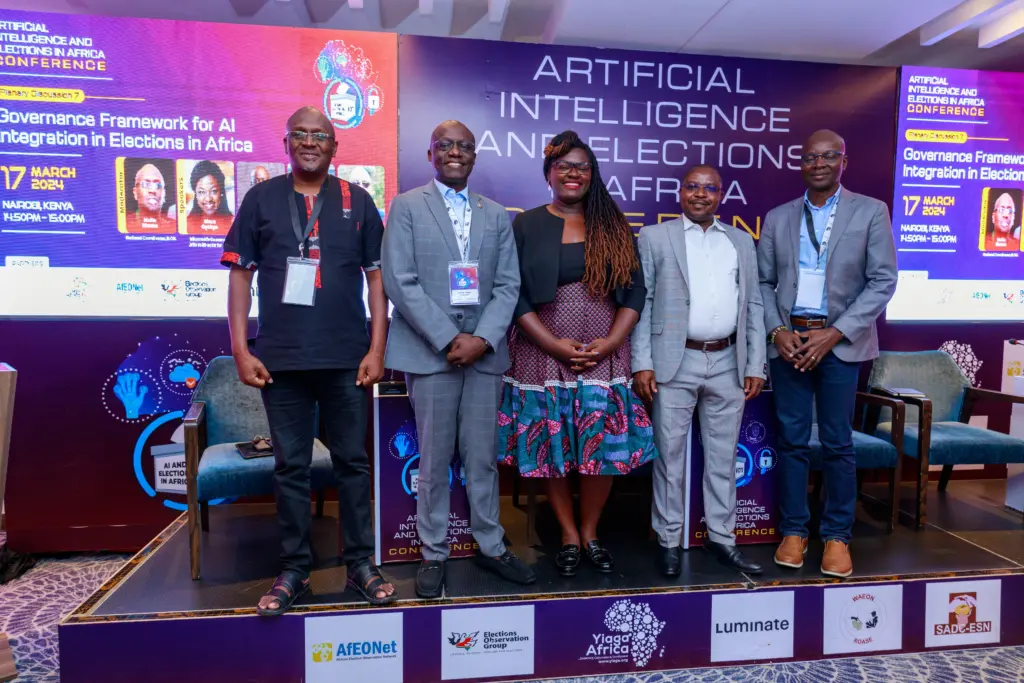

In a year when eligible voters in twenty-four African nations are expected to participate in executive and legislative elections, the “Artificial Intelligence and Elections in Africa Conference” acted as a catalyst for an essential dialogue on the trajectory of African democracy and the potential role of AI in reshaping it.
